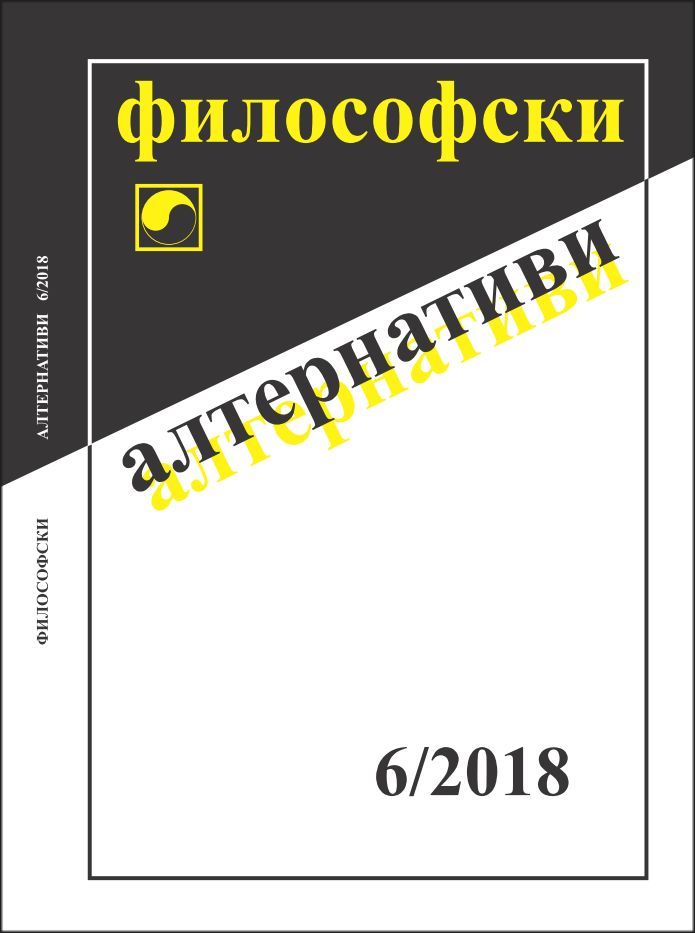Онтологическите мотивации на теорията за обозначаването: преди и след Куайн
The Ontological Motivations оf the Theory of Denoting: Before and after Quine
Author(s): Denitsa ZhelyazkovaSubject(s): Philosophy, Philosophy of Mind, Philosophy of Science, Philosophy of Language
Published by: Институт по философия и социология при БАН
Keywords: denoting; proposition; variable; propositional function; Quine
Summary/Abstract: The problem of denoting has a long history in analytic philosophy. Its roots can be traced to its fathers, Frege and Russell. People often use names without knowing for sure whether the “objects” they name are actually denoting. Russell’s method of analysis, introduced by him in the article On Denoting (1905), largely solves the problem. One of Russell’s main reasons to apply the analysis is to enable us to meaningfully make statements about non-existent objects. Russell insists that only logically proper names denote, while descriptions and hidden descriptions must be eliminated. Quine proceeds from Russell’s theory of single descriptions and expands it. Naming is not a criterion for ontological commitment because names can be converted (paraphrased) into descriptions and Russell’s method of analysis in 1905 showed how descriptions could be eliminated. Hence, Quine’s famous slogan in On What There Is (1948) states: “to be is to be the value of a bound variable” (Quine, 1948: 594). This article aims to elucidate two questions: 1) Do “related variables” bind us? 2) Is existence a property of objects or a property of a propositional function?
Journal: Философски алтернативи
- Issue Year: XXVII/2018
- Issue No: 6
- Page Range: 54-62
- Page Count: 9
- Language: English, Bulgarian
- Content File-PDF

